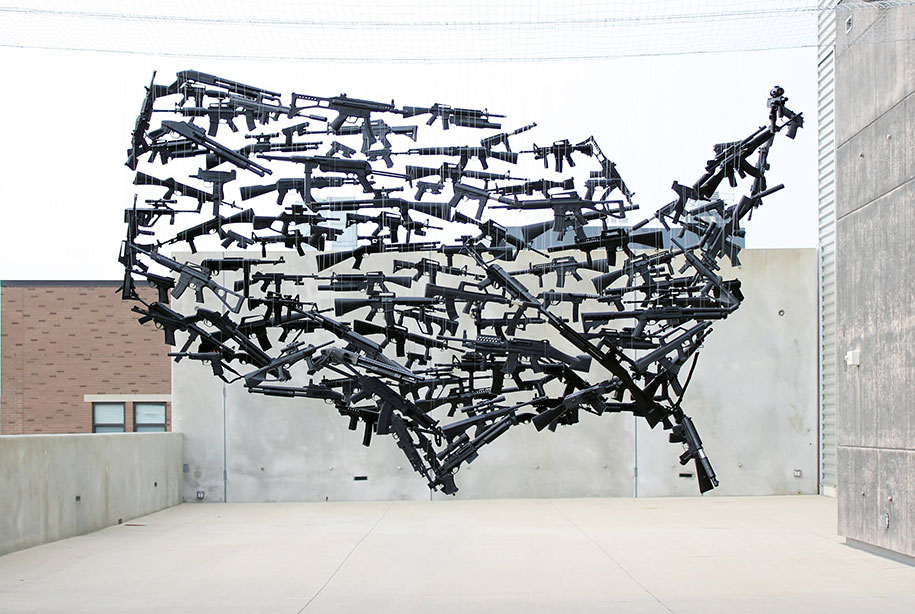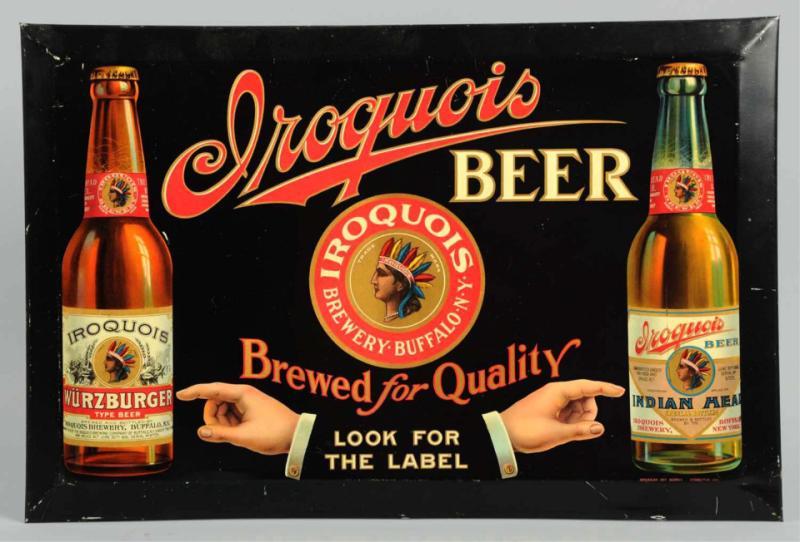Several years ago my daughter texted me to tell me there was an active shooter on her college campus. I wrote about the experience on this blog.
I immediately texted her back. And called, but realized that was probably a mistake. What if she were hiding and her phone vibrated or rang and that gave her away. She was in a safe location, and let me know that, but still, I told her to stay there until she saw someone with a badge telling her it was safe to exit.
No shooter menaced the Loyola Marymount University Campus. It was a false alarm. But the experience left me rattled. I was terrified. And angry. I was so angry that evening that I could not speak.
I have listened to politicians speak in the aftermath of the slaughter at a Buffalo supermarket and an elementary school in Uvalde, Texas, and that anger has resurfaced again. Republicans, and a few feckless Democrats, have suggested that tougher gun laws are not the answer. You may want your representatives to enact legislation to regulate the use of weapons in the United States, they say. You may want your representatives to enact a law “attacking the 2nd Amendment.” But you won’t win. From Ted Cruz to Lauren Boebert, our leaders say that your laws will not do any good. You are powerless to stop this, they said. Evil people do evil things. You would be better off agitating for better mental health care, because the guys who slaughtered the kids in Texas and the elderly in Buffalo were bullied and picked on. The problem is not us, Cruz said, and it is not the guns. He spoke cynically of “American Exceptionalism,” of how great this country is. The guns are not the problem. You are better off buying a gun of your own, to protect you from, you know, the criminals, and the Mexicans and the Terrorists and Antifa. The NRA, we must remember, is a trade group.
Your fear is good for their bottom line.
In the days after the massacre in Uvalde, I have heard pro-death, conservative lawmakers and religious leaders suggest that the shooting might not have happened if there were prayer in schools, even though Texas has a moment of silence at the beginning of the day and prayers at school functions like sporting events. Others have trotted out equally spurious, but predictable explanations for the carnage: violent movies, violent video games, homosexuality and the presence of transgendered people, broken families, and Critical Race Theory (somehow).
I do not think any of these explanations are funny. They are either dishonest or dangerously and obscenely stupid. They are blood-drenched and dangerous. I do not care why you want to kill. It does not matter to me in the slightest. A white nationalist and a racist? An “Incel”? A Nazi, or a revolutionary or an End-of-Timer or a sullen kid or a sociopath? I could not care less. Because no matter who you are, and no matter who you hate, I do not believe you should have a weapon of war at your disposal. You have no right to kill, and no matter your irrational fears, your macho fantasies, your martial cosplay, or your fevered dreams, there is nothing you can say to convince me that there is a place for killing machines in a civil society. Some of you will trot out the 2nd Amendment, but bearing arms does not mean what you think it does. It never has. Some of you will invoke your Christianity. Show me if you can one line, from the first verse of the first chapter of Matthew to the last line of Revelation, that in any way justifies violence.
Look around the world. There are violent video games and violent movies all over the place. There are many countries where almost nobody prays, where far more people identify as Atheists than in the United States. They do not have mass killings. 40,000 people die from gunshot wounds in the United States each year, whether from suicide, accident, or homicide. Many thousands more have their bodies torn, lacerated, chewed up and spit out by these weapons that have one purpose and one purpose only: to kill. How many more crimes are committed with these weapons, or people threatened and frightened? It boggles the mind. To those who say nothing needs to be done, that your rights are sacred, and that guns are not the problem, I ask you how many more deaths will it take before you concede that this is wrong. 50,000? 100,000? A million? When and where will it end? If murdered children will not get you to act, maybe there is no hope.
Guns end conversation. They end debate. The create a climate of fear. Guns are inconsistent with freedom, whatever the death-dealers at the National Rifle Association tell you, because they force us to live in fear. They menace. They threaten, they frighten, and they kill. They were invented only to kill. Ours is a country steeped in racism, built on stolen land with labor from stolen and enslaved black bodies. The better angels of our nature have appeared from time to time, but they have never banished the fundamental evil at the heart of our history. We cannot make claims about this country’s greatness when every fourteen minutes another American dies from a gunshot wound. We need to choose to live our lives free from fear. And we need to rid our communities of the killing machines that are too readily available to too many people, even in states with the toughest of gun regulations.
So many political leaders have offered their thoughts and prayers. They tell us that they hold in their hearts the victims of Buffalo, Uvalde, and on and on and on. Thoughts and prayers. The words of Isaiah come to me, as he confronted the hypocrites whose empty prayers, he said, meant nothing to an angry God.
When you spread forth your hands,
I will hide my eyes from you;
even though you make many prayers,
I will not listen;
your hands are full of blood.
Wash yourselves; make yourselves clean;
remove the evil of your doings
from before my eyes;
cease to do evil,
learn to do good;
seek justice,
correct oppression;
defend the fatherless,
plead for the widow.
Ours is a broken, amoral, and violent society. Our leaders have chosen this, either through their actions or their complicit cowardice. I have no faith in their ability to fix us.



 complexity.
complexity.